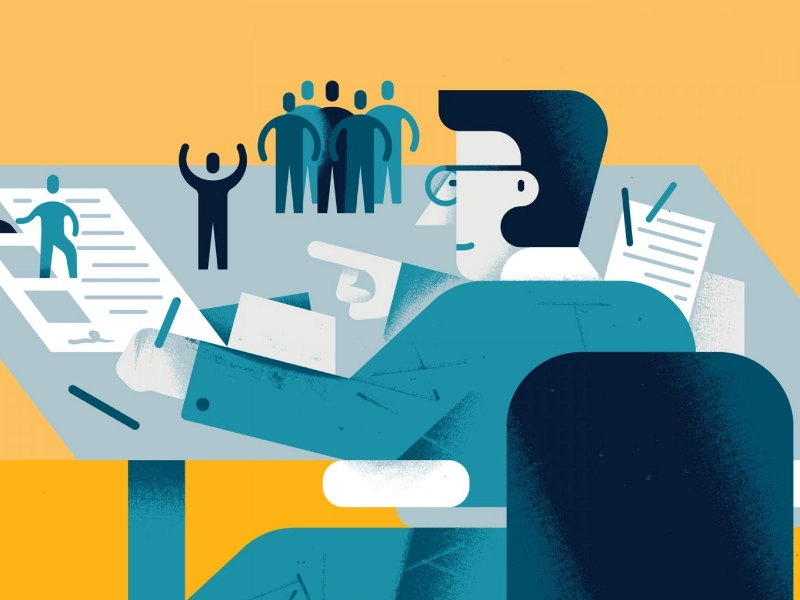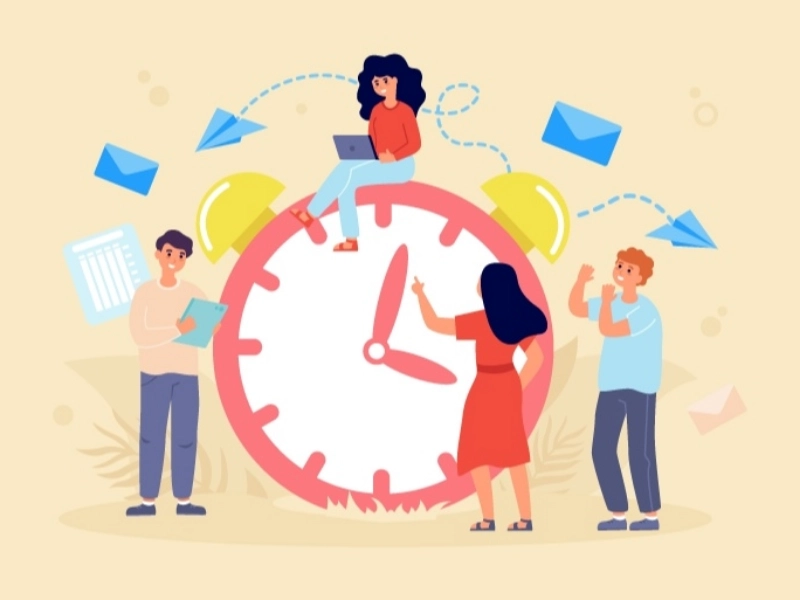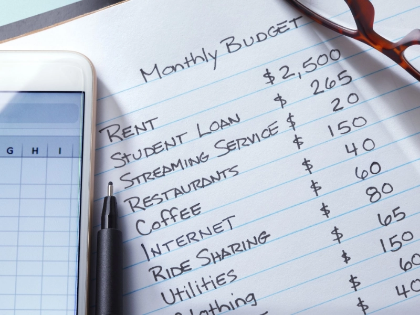Productivity can be increased by using tools such as Insightful to identify the peak hours of productivity for your staff and scheduling critical work during those periods.
1.Set work as a priority.

Although everyone sets priorities for their work differently, every project needs a clear plan and an awareness of the importance of each task. Technical projects frequently require constant reordering and reprioritization of work, but by maintaining focus on the most critical tasks, you may accomplish your objectives.
A priority matrix technique, like the Eisenhower matrix, is a wonderful way to determine which tasks are the most important because it ranks tasks according to their importance and urgency. This assists you in prioritising and arranging the most vital and urgent work for the early part of the day while postponing or assigning less crucial duties. This will lessen your anxiety as deadlines and demanding workloads draw near. You'll also guarantee that you finish your assignment more effectively.
2. Take intervals.

Regular breaks at work have been shown to increase productivity, according to studies. Taking a physical break from your job and moving away from your desk can help you approach projects with a renewed sense of purpose and clarity. This can be achieved through planning, learning something new, or even just taking a stroll outside.
Making time for breaks can be challenging when you're used to working long hours, but it's crucial to give them top priority. To help you remember, set up alerts or reminders on your computer or phone. You can also attempt making it a habit to take 20-minute microbreaks. If you and your coworkers decide on break times and hold each other accountable, it could be simpler to keep to this. As an alternative, you may apply well-liked productivity strategies like the 52/17 Work Model or the Pomodoro Technique.
3. Maintain organisation

Even though it might seem apparent, organisation can be a very effective strategy for maintaining productivity. Having a disorganised workstation can cause delays and distractions, which can make it more difficult to meet your daily objectives. Time can be saved by having an easy way to locate emails and papers, and a well-defined method for assigning tasks can keep team members focused on the task at hand.
You can avoid missing appointments and be informed of any changes in plans by using a calendar to keep track of meetings and deadlines. This saves you money by preventing costly mistakes like disobeying a supervisor's directions or ignoring a project's important milestone. A to-do list can be used to keep track of deadlines and crucial chores, according to Metro Offices, a Tysons office space rental company.
4. Never Be Afraid to Assign

Attempting to do everything by yourself will make your daily tasks too much to handle. However, productivity business coach Kathleen Kobel stresses the importance of delegating as much as possible and depending on your team.
Give your team precise instructions and timeframes when giving work. In order for them to understand the significance of this activity and what the intended result should be, it's also critical to provide them with a broad overview.
Lastly, after a project has been turned over, avoid micromanaging. This could demoralise your employees and have negative effects on you both. Contact your team for advice if you have any questions or unanticipated issues, but don't obstruct their workflow. Their self-assurance and capacity to function well in your absence will be damaged by this.
5. Have a positive outlook.

Working with a positive mindset will increase your productivity significantly. Stress and frustration are two negative feelings that can quickly lower your mood and hinder your work.
It is possible to acquire and practice being optimistic; it is not a trait that people are born with. Putting down three things for which you are thankful at the beginning of each day is one method to achieve this. Another is to make it a point to provide compliments to coworkers; this will lift both of your spirits.
Maintaining your optimism also fosters more original thought. Being receptive to novel concepts allows you to be proactive as opposed to reactive, which enables you to recognise obstacles early on and take appropriate action. This translates to less time worrying about missing deadlines and more time working on high-quality projects.
Advertisement
Recommended Reading: A Balanced Diet Is Essential for Longevity























Renders complexity traversable.
Fosters shared vocabulary roots.
Nicely distilled. One-liner summary?